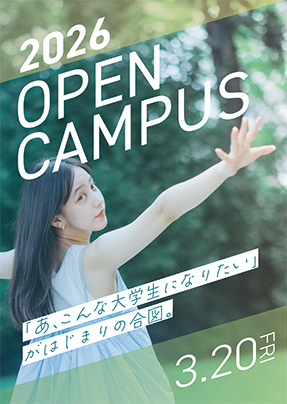The AKADEMIA Forum held its 2024 Symposium titled Fostering Human Rights Cultures and World Citizens for the Contemporary World

On 6 July, The AKADEMIA Forum held its 2024 Symposium titled Fostering Human Rights Cultures and World Citizens for the Contemporary World. The event was attended by over 80 people including students, faculty and guests who joined in person or online.
There were presentations by both professors and students who spoke to issues in the anthropology of human rights revisiting concepts such as democracy, justice, personhood, gender, the Anthropocene, quality education and critical thinking, climate related migration, local conflict resolution and global leadership. The symposium kicked off with an opening address by Professor Anne Mette Fisker-Nielsen showing how democratic practices, individual freedoms, desire for egalitarian human relations and participatory governance are not simply derivatives from ancient Greek ideas or so-called “western civilisation”, but rather the outcome of complex histories of resistance to 500 years of colonialism. Democratic practices are the outcome of local groups of people seeking freedoms and participation in their own governance, and emerged in reality from intercultural, cosmopolitan spaces from across the world. This notion of cosmopolitanism is the very aspiration and proclamation for “world citizenship” that also underpin the peace philosophy of Daisaku Ikeda. Presentations were inspired to explore “value-creation education” and what the three key aspects of wisdom, courage and compassion as proposed by Dr Ikeda may mean in actual practice of world citizenship. Wisdom, for example, is another word for a deeper understanding that requires in-depth critical thinking as essential for learning how to act to create cultures of peace. Fostering such abilities for deeper, critical thinking was also essential to the founder Tsunesaburo Makiguchi and his Value-Creating (Soka) Education.
Responding to such themes, there were many interesting presentations including a key note by Professor Sung Yong Lee who discussed from an applied Peace Studies perspective how resilience amidst humanitarian crises intricately depends upon promoting local ownership of peace-building, as well as understanding the risk involved in sustaining the power structures that contributed to the humanitarian crisis. We were treated to many other excellent presentations from students including explorations of critical thinking in the classroom, deeper understanding of gender and equality education in practice, or how destruction of the environment relate to a deterioration in human rights, as well as a talk by Dr Evelyn Zgraggen from Waseda University about the relevance of Goethe and world literature to foster peace cultures. To round off the day, an engaging key note by Professor Maria Guajardo showcased through both theory and audience participation some of the skills required for Global Leadership. We learned about skills and competencies necessary for operating in a transcultural context of complexity and often beset by paradoxes, situations which require us to rethink who we are, and then how to develop skills for transformative social interactions; we learned that openness of mind and attitude fosters capacities to be able to resonate with others. For more information on each presentation please see link.
The symposium ended with a heart-warming and mind-blowing concert titled Bridges and Dialogues: Human Rights in Action which was musically directed by the Panamanian artists Patricia Vlieg and producer Wilma Esquivel who are currently studying in the master degree program of peace studies at Soka University. As promised [see abstract] this concert took us on a wonderful journey that indeed felt like crossing bridges of dialogue, bringing both tears and laughter, and we felt the potential of music for creating a deeper sense of human solidarity and a way to appreciate human life as truly potentially creative and wonderful despite, or arguably exactly because of the struggles people undertake against authority and injustices where they reveal new forms for freedom and resilience from within. Listening to songs performed by Patricia on the piano in no less than four different language, and songs from three Soka students from India, Ghana and Japan (whom Patricia all accompanied in their local language), we marvelled at Patricia’s extraordinary linguistic abilities and her beautiful, soothing voice. It was a musical treat that none of us will easily forget, and proved a highly meaningful end to a wonderful day of discussion, dialogue and learning. Thank you, Patricia and Wilma, for treating us to this professionally outstanding and emotionally moving performance. Thanks also go out to all who participated and contributed to this academic feast! And not the least, much appreciation and thanks for the effort of the AKADEMIA Forum student team and translators.



